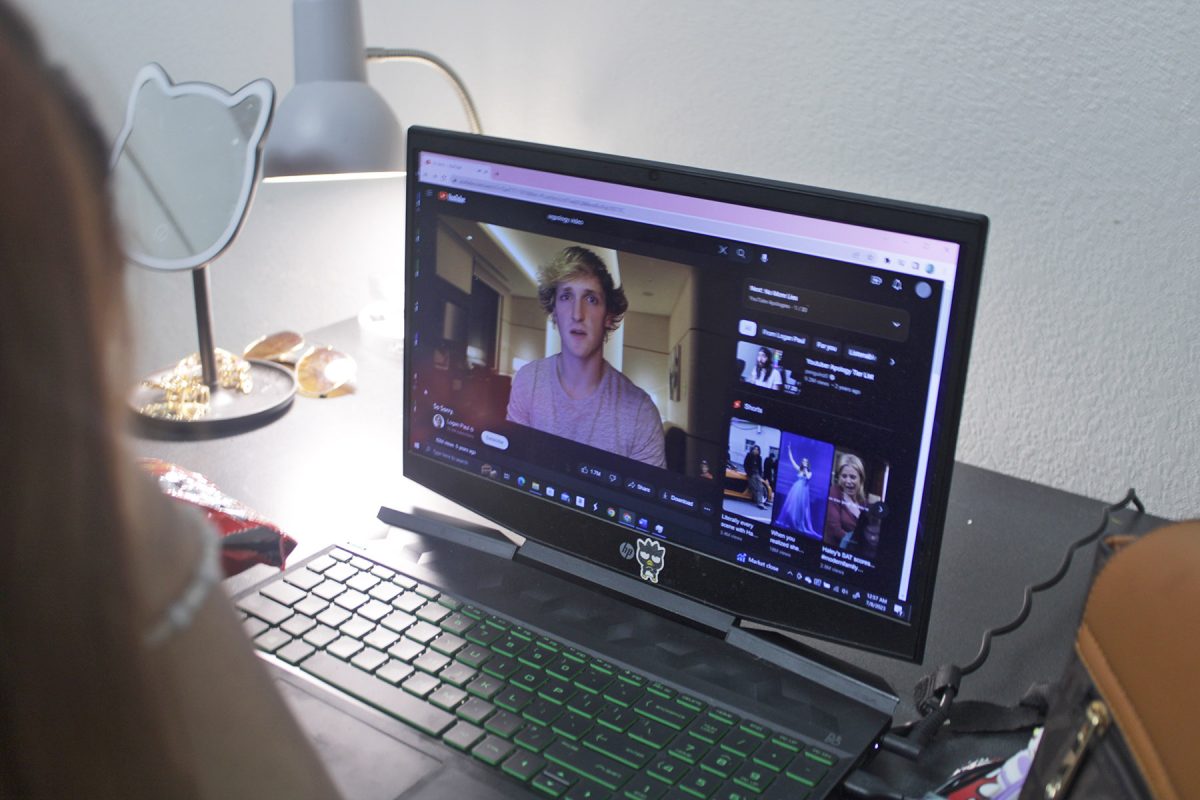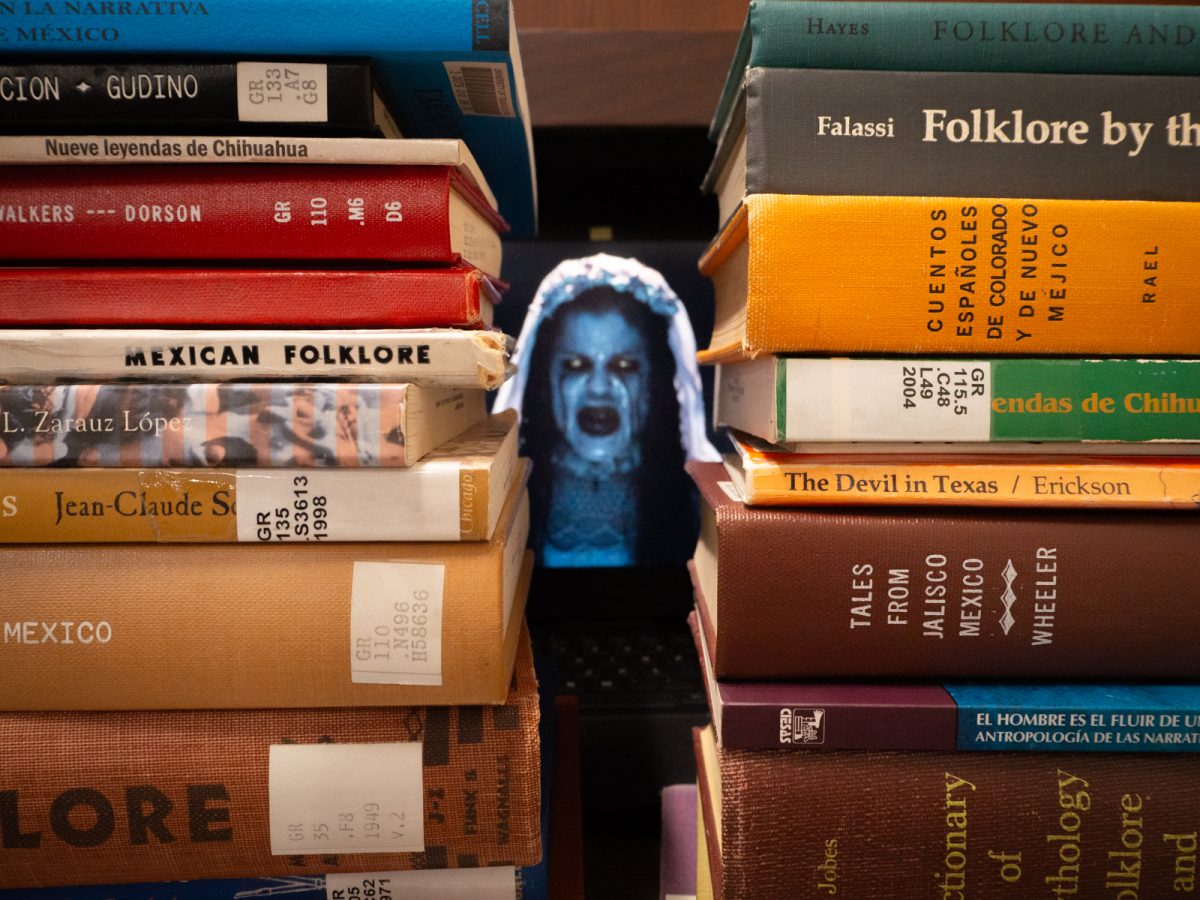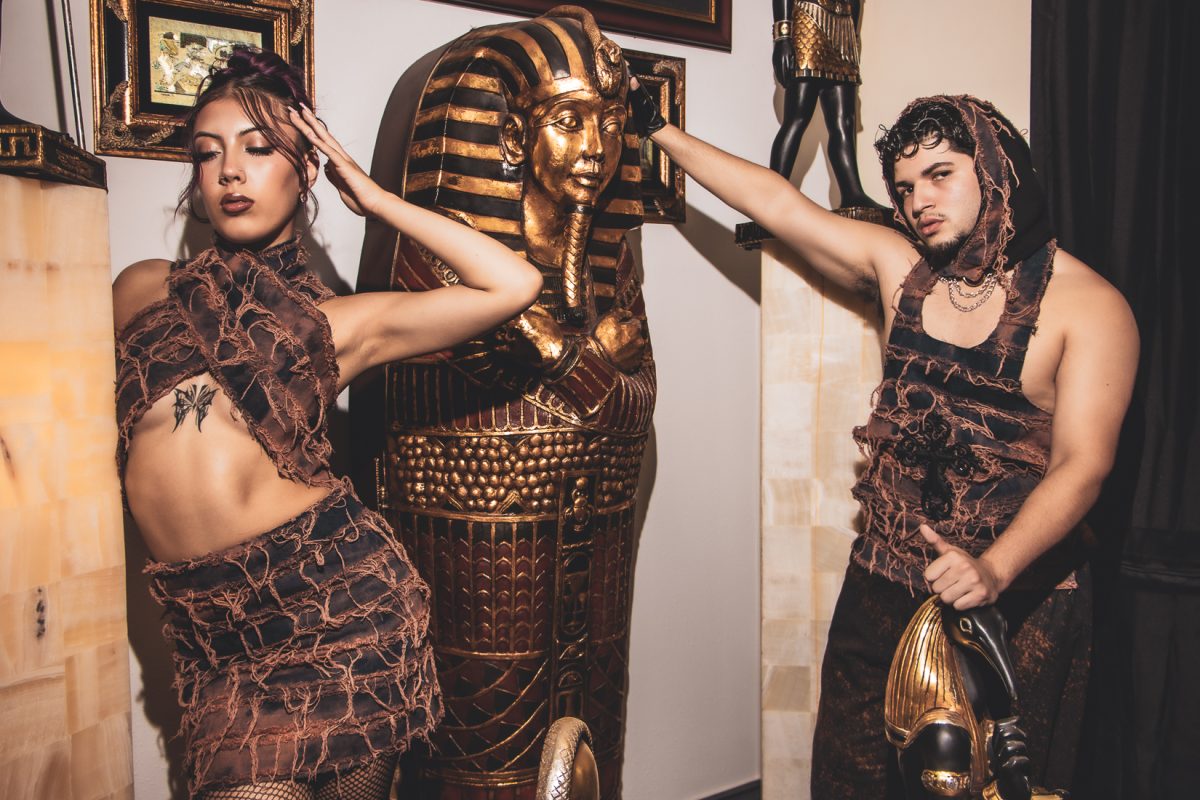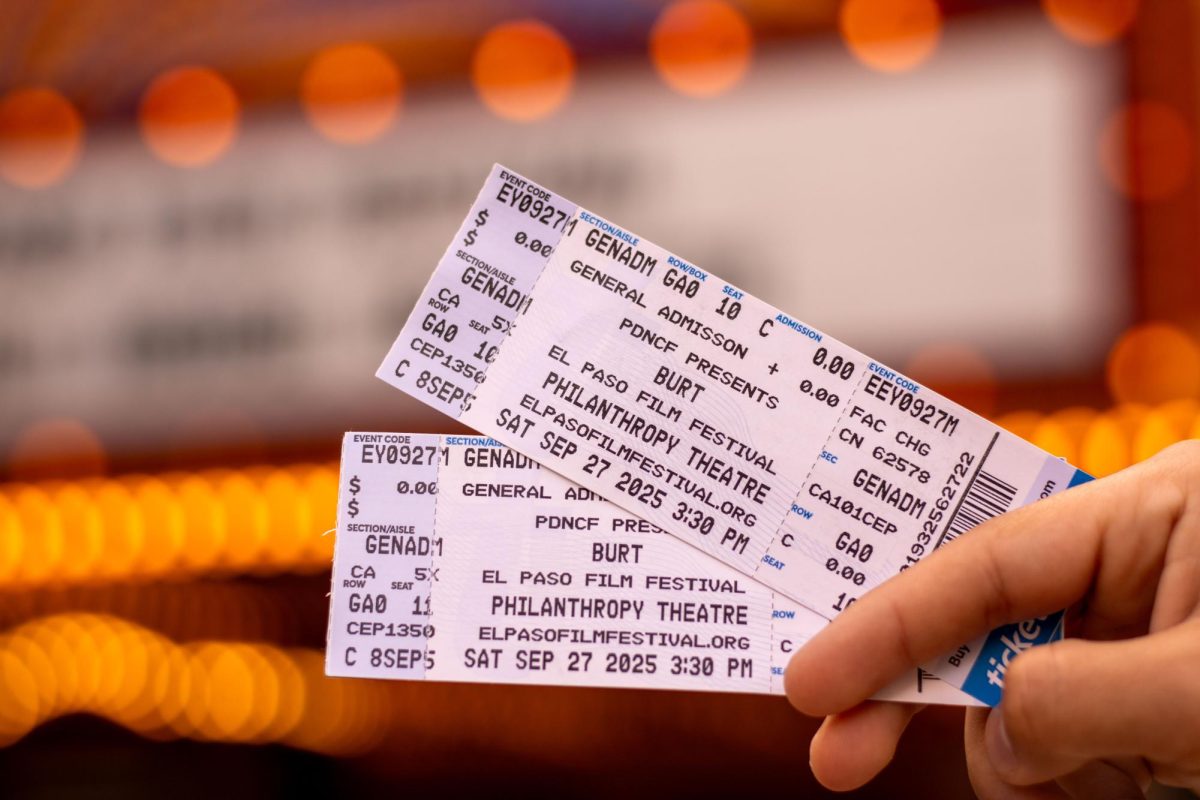All aboard the cancel culture train that celebrities, influencers and Youtubers have jumped onto. From 2018 and on, YouTubers’ problematic histories resurfaced causing large series of apologies. Whether it was posting apology videos on YouTube, posting notes app text or sharing message receipts to deny the allegations of something many fans have seen, people within the public eye have tried to address any of their actions or shortcomings.
After allegations were shared through social media about Colleen Ballinger, known as Miranda Sings, the cancel culture community sparked back up again. Ballinger has been accused of grooming underage fans who were part of a group chat she created in earlier years as well publicly displaying racist behavior.
Ballinger responded to the allegations June 28 with an “apology” video on YouTube. In this video, she did not speak but sang along with her ukulele to deny the rumors or allegations made against her and comment on cancel culture. The comments made under the video and throughout social media platforms consisted of her fans being disappointed with her.
Many students at UTEP shared their outlook on cancel culture in light of this video.
Junior computer science major, Isabella Garcia shared her thoughts on YouTube apologies.
“In the media, I’ve heard of different situations, and I can definitely remember some where, it is good that they have been called out just because the things that they have been doing, most of us were not aware of until they came to light,” Garcia said.
Ballinger’s actions have impacted her fans and close relationships.
“I feel like, a lot of people didn’t even know about the messages and then, these people spoke out, and you know like hey that’s not okay,” Garcia said. “Especially for someone that has a platform with so many children around them, and so many kids looking up to them. I think, at situations like that, it helps us bring to light and hold people accountable for their actions.”
Other students hold the opinion that cancel culture is very negative and toxic and can be considered bullying.
Sebastian Bueno, a senior majoring in psychology with a minor in criminal justice, speaks about the negativity of cancel culture.
“I think cancel culture is accountability right, and most of it has to do with holding people accountable for what they are,” Bueno said. “I think that’s such a really good movement in the basis of it being correct because again it can also turn into bullying, it can turn into people behind like the phone or computer out-speaking something that may not be true.”
YouTubers like Logan Paul, Felix Kjellberg (PewDiePie), Jenna Mourey (Jenna Marbles) and Shane Yaw (Shane Dawson) are some of the many YouTubers who have been canceled over the years.
“I think there are people that, you know, they are really big influencers so it’s their job essentially so their jobs on the line,” Bueno said. “In a consensus way I think we can all agree that the internet generation can influence you know, they can influence a lot. I feel like it’s not based on how genuine it is I feel like whatever the census is between cancel culture is what is correct, whether it’s false or it’s correct.”
Whether these apologies are truthful or genuine, they are still posted in the hopes to clear the air.
Amber Patterson, a sophomore majoring in digital media production, has her take on the movement.
“From my perspective, I kind of think it’s dumb in a way because there’s people out there, you know, trolls that want to just like pick at people and you know just make small things out of context,” Patterson said.
Patterson then shares her outlook on Ballinger’s situation.
“I think this kind of goes for any influencers that are just making these apology videos even for her, I just kind of think it’s like mid-range,” Patterson said. “It should be kind of out because you want to stop all of the rumors and stop all of this hate going around and you just want to clear the air and just be cool with everybody.”
Cancel culture continues to affect many people’s lives and careers. Whether the apology is genuine or not, influencers’ and Youtuber’s careers are in the hands of social media. If you are targeted or affected by cyberbullying or hate on social media, reach out to UTEP Counseling and Psychological Services at (915) 747-5302 or find more information at https://www.utep.edu/student-affairs/counsel/.
Avery Escamilla-Wendell is the staff reporter and may be reached at [email protected] or on Instagram @by_avery_escamilla







